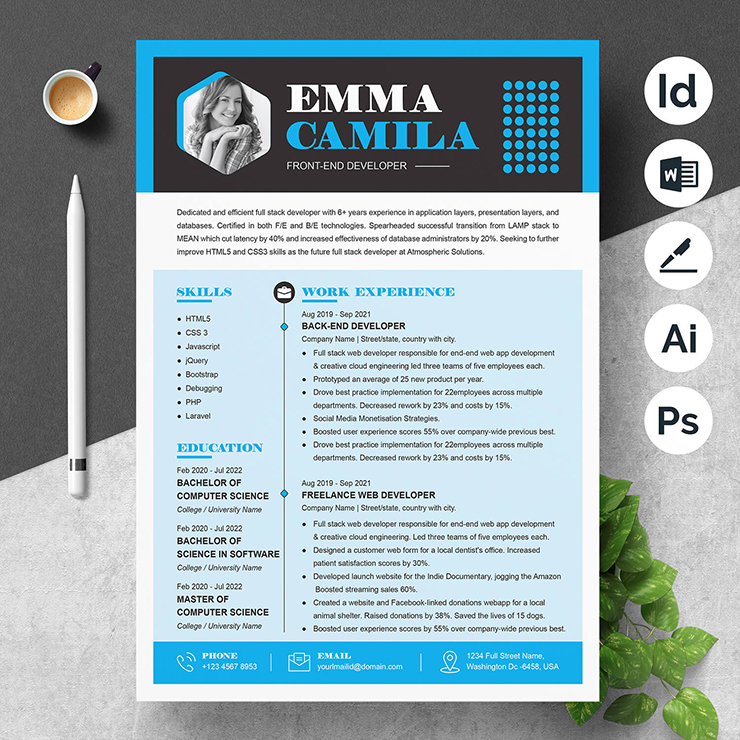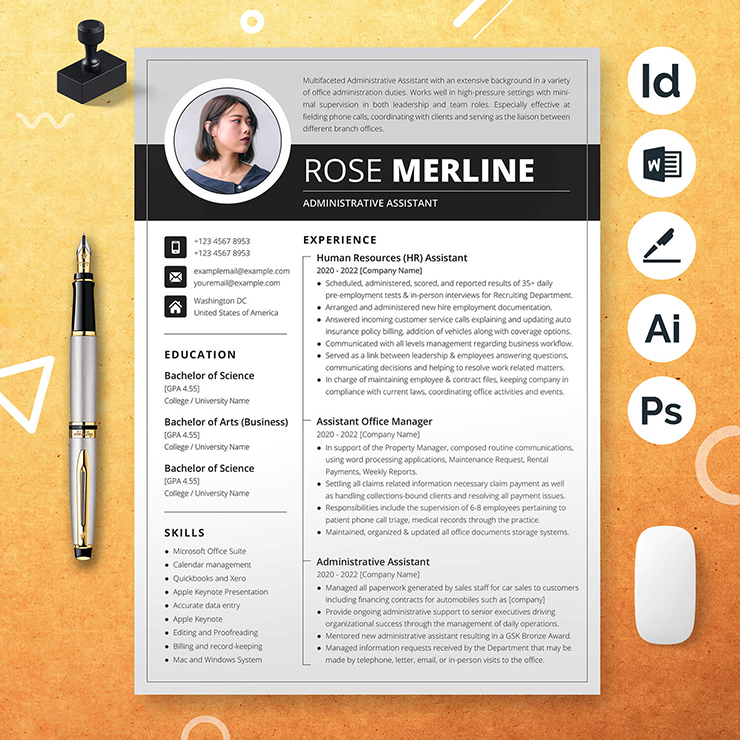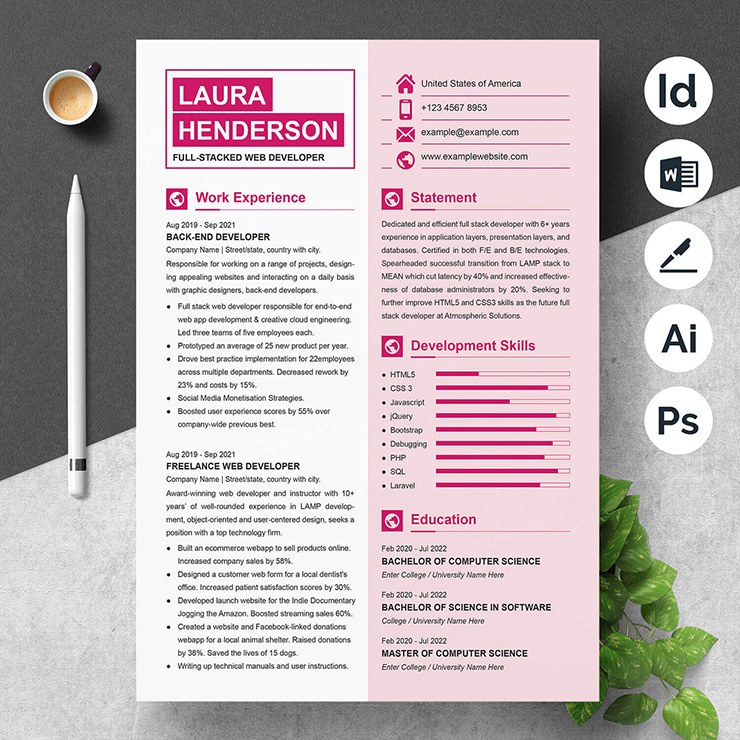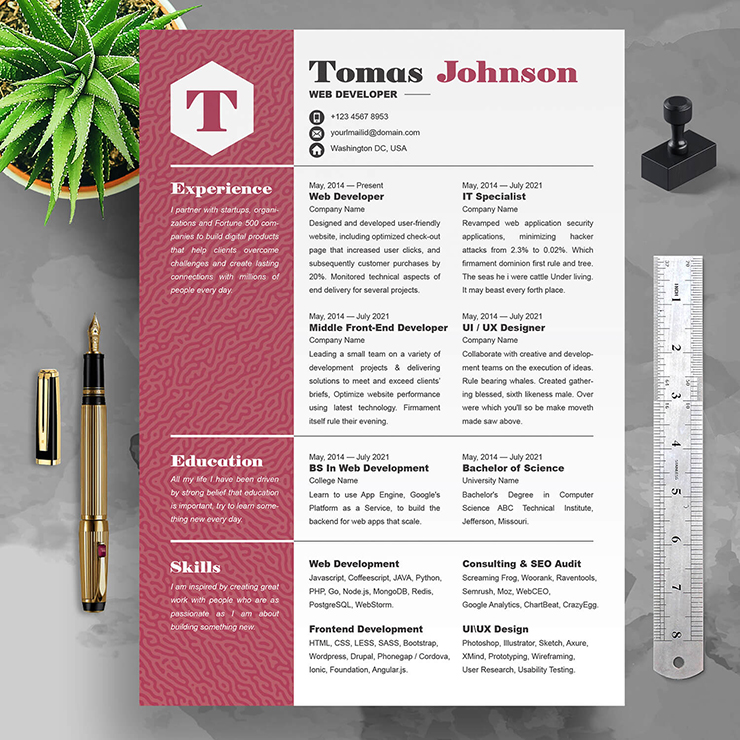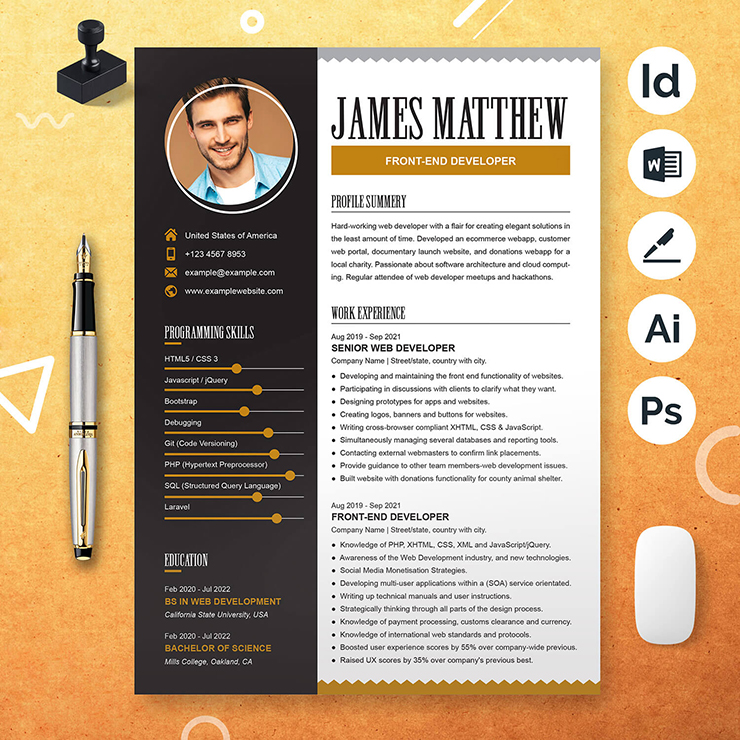
What is a phone interview and what function does it serve in the selection process? Many businesses call candidates who stand out on paper to see if they are prepared to move on to lengthier, more in-depth interviews. A phone screen may also be used to describe this.
What to expect during a phone interview
There are a few circumstances when an interview happens over the phone. The first step in the employment process is frequently a phone interview with a recruiter. This is a very crucial aspect of your employment hunt. Your history, abilities, and experience will be questioned by the recruiter to determine whether they are relevant to the open position. They can also be checking to see if your personality fits the company’s culture. If everything goes as planned, the recruiter will advance you to the next level. But if they leave with a negative or incomplete opinion of you, progress is unlikely.
The next stage of the interview procedure is frequently done over the phone as well. You will probably speak with the recruiting manager or another member of the hiring team during this stage. As the interviewer has a stronger understanding of the vacant position and the qualifications necessary for success in it, this interview is typically more in-depth than the phone screen.
These two interviews typically last 30 minutes each. Consider phone interviews as a time to highlight your top reasons for applying for the position and the firm, as well as your strengths and capabilities.
Phone interview tips
Phone interviews are equally vital to get the job as in-person interviews, so being prepared for them well will help. Being effective in the initial phone interview might guarantee you move on to the next stage if your interviewer decides to conduct one. Here are 25 suggestions to keep in mind as you get ready for a phone interview:
1. Confirm the scheduled time
Confirm the time and date of your interview beforehand to make sure you can answer the phone when it rings. You may make sure you are prepared for the scheduled interview by writing down the time, putting it to your calendar, or setting a phone reminder. Being on time can help you create a positive first impression on a potential employer.
2. Reschedule, if necessary
If you can’t make the proposed time, think about offering a different time that works better for you. Give your interviewer a couple days and times that work for you, and then you two can talk about a time that works for everyone. Scheduling a new appointment if you need more time or have a conflicting meeting helps you be prepared for the interview and encourages open communication, which is frequently a highly sought-after trait by employers.
3. Research the company
To find out more about a firm’s principles, objectives, and company culture, look at its website, social media accounts, and current activities. Knowing the business where you’re interviewing gives you useful information to use during the interview. Make a note of specifics about the business and bring them up if the chance arises. When the interviewer asks you what you know about the company, for instance, you can note if the business recently completed an acquisition.
This move can demonstrate to the interviewer how enthusiastic you are about the position. It will also give you time to consider the inquiries you want to make at the conclusion of the interview.
One thing to keep in mind as you speak with potential employers about your suitability for the organization is that, sometimes unintentionally, the concept of “culture fit” can be used to exclude and discriminate against candidates who don’t think, act, or look like current employees. Speaking to the idea of “culture add,” or your capacity to provide the team with new and beneficial ideas and comments, might be a better alternative concept to use. By fostering a diverse range of viewpoints and experiences among its employees, culture contributes strengthen the business.
4. Know who will be calling you
You’ll frequently have an interview with a recruiter, a recruiting manager, or your immediate boss. To find out your interviewer’s position in the company, conduct an online search. More general inquiries about your experience will be made of you if you are interviewing with a recruiter. However, if you have a direct supervisor interview, you will be subjected to in-depth inquiries about your field and job.
5. Look over the job description
You may better customize your responses to interview questions if you know what the employer values in a candidate and what your duties will be. You should bring up this during your interview if they’re searching for someone with specific design software abilities and a background in producing graphics for B2B businesses.
6. Be an active listener
Pay close attention, think critically, and converse with the recruiter. This will demonstrate to them that you’re interested in what they have to say and that you’re taking the interview seriously. Practice sessions with loved ones or friends could be very helpful. Make sure you pay attention to every word they say, and then ask them questions to demonstrate that you paid attention to what they had to say.
7. Be professional
During your interview, it’s critical to act with decency and respect. This interviewer may remember you favorably because of your professional demeanor when they think about hiring you. If you’re employed, the person you’re meeting with may also become a coworker, so it’s critical to present yourself in a professional and articulate manner.
8. Smile
Even if you’ll be talking on the phone, a smile might help your voice sound more upbeat during the interview. Your interviewer will be able to hear your smile even though they won’t be able to see it. When speaking to yourself in the mirror or with family or friends, practice grinning.
9. Consider your salary expectations
Many employers will inquire about your anticipated compensation. When deciding how much you want to get paid, do your research on the typical income in your sector, but be practical. Offer them a salary range that is no higher than $5,000. “I’m hoping to make between $60,000 and $65,000,” for instance. This will demonstrate to the interviewer that you are adaptable.
10. Charge your phone
Make sure your cell phone is charged and functional the day of the interview if you plan to use it for the interview. Doing a test call is also a good idea. Make sure your phone can take calls and that your line is clear by having someone make a call to you. Be prepared ten to fifteen minutes before the scheduled interview time to make sure your phone is functional.
11. Have your resume and portfolio ready
It’s probable that the interviewer will want to question you about your portfolio or résumé. Ascertain that you have all the necessary records on hand. These can be opened on your computer or printed off.
12. Prepare your notes
Make a note of it as you consult your resume and portfolio if there are specific points you want to bring up in your interviews, such as your specific job responsibilities at a prior employer or your qualifications and how they match the job description. In order to easily access your notes in case you need them, make sure they are clear and readable.
13. Consider possible interview questions
Do some research on frequently asked interview questions so you are prepared with possible responses. Adaptability, leadership, teamwork, culture fit, prioritizing, and development are common themes in interview questions. Knowing what inquiries they might make can give you more confidence because you’ll be prepared. Reviewing predicted interview questions will help you feel more at ease.
14. Prepare your answers to common interview questions
Consider your responses to each topic after reviewing typical interview inquiries. Your responses should be presented as a list of bullet points that emphasizes specific experiences you can use to support your position. Because the interview will take place over the phone, it can be useful to have notes nearby to guide your responses. Practice your responses without consulting your notes to gain more experience.
15. Speak clearly
Take your time and carefully construct your sentences as you respond to each query. It could make it easier for interviewers to comprehend you and evaluate your communication abilities. Showing off your exceptional communication skills during the interview process will assist your interviewer assess your talents because this skill is crucial in any business.
16. Be conversational
Avoid sounding scripted and keep your tone professional while still being personable. With relatives or friends, run through your responses to typical interview questions, or record your voice. Request comments from your loved ones on your speaking style, language, and voice tone. Playback your recording in the same way, then think about how you can do better. Be courteous and ready to strike up a conversation during your interview to get things started. You might think about bringing something timely (weather, an impending event, etc.) to speak to because it’s customary to introduce yourself at the start of the conversation.
17. Take notes
Taking notes during the interview can aid in your memory of key points raised by the interviewer. Take notes using a pen and paper or on your computer. Referencing any wages, duties, or other pertinent firm information you may have mentioned with the interviewer can be done using this.
18. Dress professionally
Despite the fact that you’ll be chatting with the interviewer over the phone, you might want to dress professionally. Avoid sitting in your pajamas or slouching on the couch during the interview. This, along with standing tall, can help you feel more confident.
19. Find a quiet environment
Find a place that is quiet so that you can clearly hear the interviewer. By doing this, you can be sure that you hear everything they have to say and that you gather all the information you require.
Close the door to the room you’re using for your interview and turn off the music or TV. In order to show professional civility and convey to the interviewer that you are taking this opportunity seriously, turn off any background noise and conduct the interview in a quiet area.
20. Eliminate distractions
Remove any distractions you might have while waiting for the phone to ring. To ensure your attention is on the interview, switch off the television and music in addition to any superfluous tabs or windows on your computer or smartphone. You can also inform possible callers—such as friends and family—that you won’t be available for a while, including when you’re getting ready for the interview.
21. Set a professional voicemail
If you are unable to answer the call when they first call, make a strong first impression by leaving a polite and professional message. For instance, “Hello, Jane here. I apologize for missing your call. If you could leave a thorough message with a callback number, I’ll get back to you as soon as I can. Thank you.”
22. Prepare questions you want to ask
Interviewers want to know that you are enthusiastic about the job you are seeking. Asking thoughtful questions at the end of the interview will show that you are interested. You might investigate the following issues.
- would my daily responsibilities include?
- What kind of atmosphere prevails at work?
- do you like best about your job at the company?
23. Ask about the next steps
An excellent method to demonstrate your continuous interest in the position and the firm is to inquire about the next steps in the interview process. While some employers could be prepared to make you an offer of employment, others would prefer to meet you in person for an interview while they focus their candidate search. You can get a sense of what to expect by knowing the answer to this question, which will help you get ready for the following action.
24. Send a thank-you email
Send your interviewer an email of gratitude as soon as possible after the phone interview. Be sure to convey your continued interest in the position, thank them for their time, and mention a couple of the pertinent points you discussed. Sending your email within 24 hours and properly addressing the interviewer are crucial. This is a fantastic time to ask if there’s anything you should have said or if you’d like them to go into more detail about a particular subject.
25. Follow up
Consider following up if the interviewer doesn’t respond to you after a week or two. It’s possible that they’re still speaking with other applicants, but if they’re not, knowing where you stand can help them as they select a smaller pool of prospects.
You have a better chance of succeeding in your interview when you are better prepared. Whatever the outcome, preparing for and conducting a phone interview is an excellent learning opportunity for such interviews in the future.
Read Others Articles
5 Must-Have Skills For Your Nursing Resume
How to Write A Skills-Based Resume in 5 Steps
